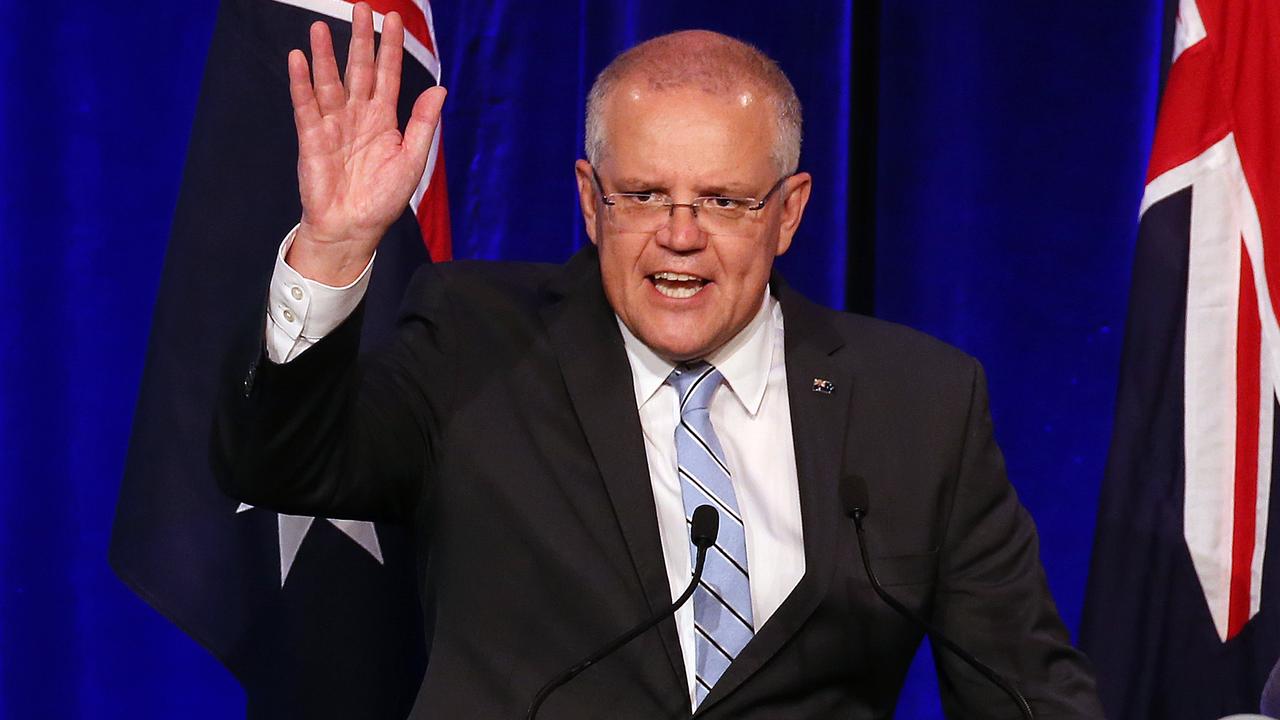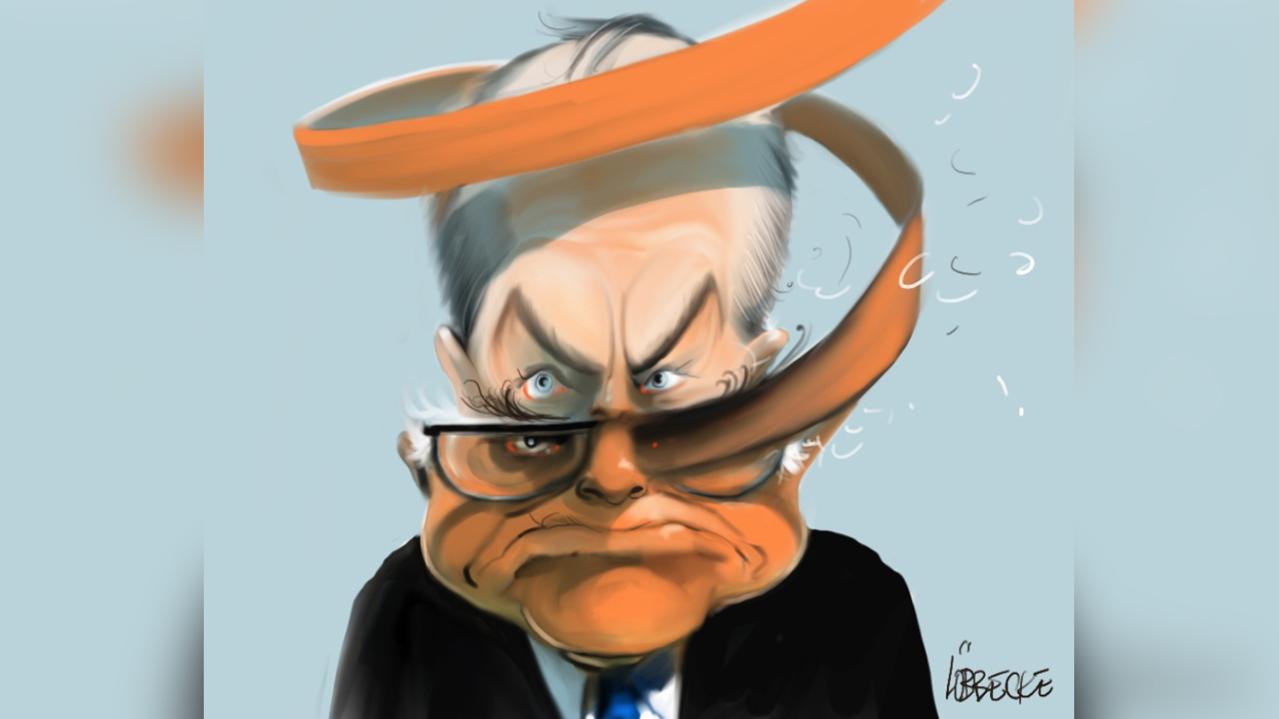One Nation isn’t a party of conviction, it’s a personality cult built around Pauline Hanson
We’ve seen this movie before — the public implosion of One Nation. It happened between Pauline Hanson and her closest adviser David Oldfield. It happened to the state party after its successes at the 1998 election. It happened ahead of last year’s WA election when she expelled senior organisational figures from the party. Recently we’ve seen a swathe of One Nation senators come and go.
How many times does it have to happen to Hanson before she starts to wonder whether the one constant in the chaos is herself? Self reflection isn’t her strongest attribute so it probably won’t occur to her, or even if it does she’ll quickly dismiss the thought that she might be the problem.
Minor parties are notoriously difficult to hold together over an extended period of time, but Hanson’s One Nation has been more volatile than most. It partly comes back to the leadership style she adopts — putting herself front and centre, building a cult like following. When anyone deviates from her path, or as in the case of Senator Brian Burston when they aren’t prepared to join her in suddenly deviating from her original path, she clamps down hard on their intransigence.
This should come as no shock to anyone. The party is named after her, it has only resurfaced as a political force because of the power of Hanson’s personality. The party’s Constitution is written in such a way that she is and will always remain all powerful within the organisation.
This has its own cultural impact on the party.
How can anyone develop their own following or their own persona in a party so personalised around someone else? So tightly held. How can they challenge her if Hanson is all powerful and can take away anyone’s pre-selection or even their party membership the minute they “defy” her?
It’s a toxic culture for anyone to work in, making thriving nigh impossible. Organisational management studies include an abundance of literature about such environments and the stifling way they affect employees.
But will the internal failings of the One Nation party harm it electorally? The answer is probably not, certainly not in Hanson’s home state of Queensland. Especially not for her personally, even if expansion plans do come unstuck.
The reason is because Hanson’s core supporters rarely see fault in her actions. Any disputes must be the fault of everyone else, not her. Hanson’s political persona has been built around conflict and challenging others, usually the major parties. No wonder there are now reports that she might enlist Mark Latham to run for the party in NSW. Of course that pair will never play well together, even if the circus they will create is worth watching for a while.
Where the constant internal failures of Hanson’s party will have an impact are when Hanson herself gives politics away. She’s in her 60s but there is no sign she intends to go anywhere just yet. But when she does it’s impossible for a party built around Hanson’s personality to survive, even if her departure removes the dictatorial nature of the organisation.
Hanson likes to paint herself as a conviction politician, but the reality is quite different. She’s now had four different positions on company tax cuts this year alone — negotiating with her must be a nightmare. One Nation isn’t a party of conviction. It’s a personality cult built around a politician who stands for nothing except division.
Peter van Onselen is a professor at the University of Western Australia and Griffith
University.






To join the conversation, please log in. Don't have an account? Register
Join the conversation, you are commenting as Logout